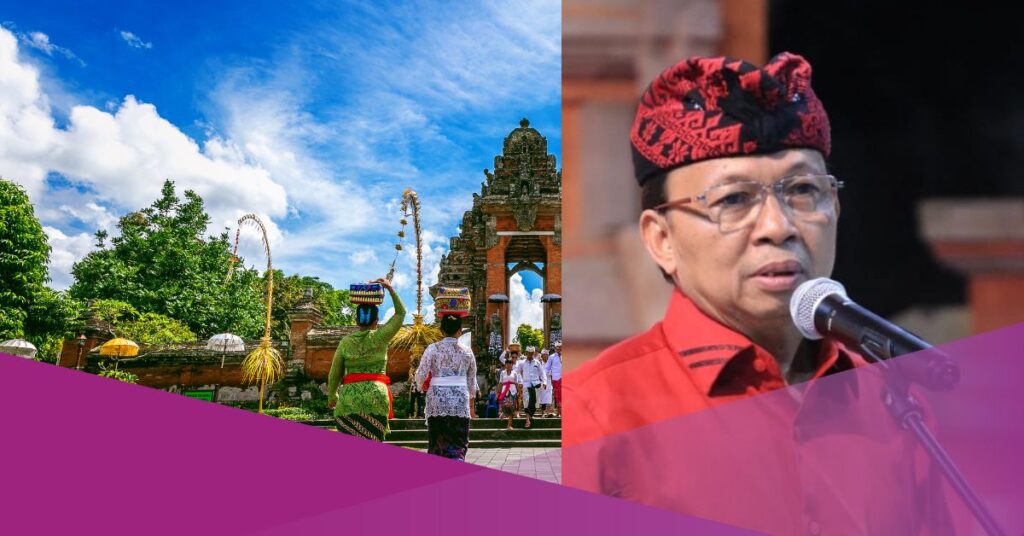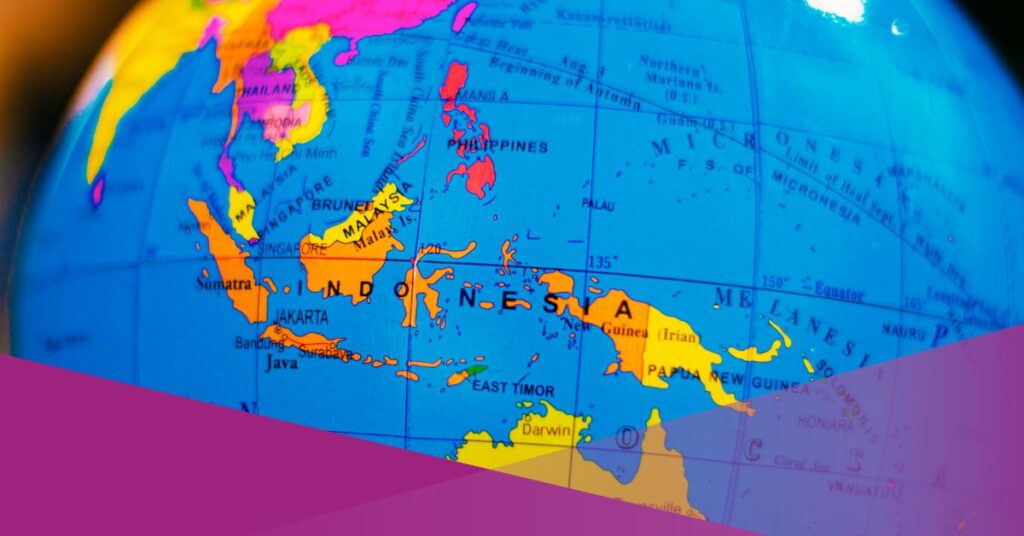Bali Governor Wayan Koster has ruled out the development of a casino on the island, saying the proposal is incompatible with Bali’s culture-based tourism model.
Speaking at the launch of a cooperation agreement on tourist fees in Denpasar, as quoted by Antara on Saturday, 16 August 2025, he said: “I was promised that if there were casinos in Bali, I could immediately receive Rp 100 trillion.”
He set aside that offer, arguing that Bali’s long-term interests are better served by protecting its cultural foundations.
Cultural Tourism, Not Casinos
Koster underlined the central role of tourism in the provincial economy.
“To this day, 60 per cent of Bali’s economy comes from tourism”’ he said, as reported by Antara.
In his view, introducing casinos would blur the island’s identity and undermine its competitive advantage. “If we make a wrong move that erodes Bali’s culture, abandoning the cultural foundation for tourism, we could lose more than Rp 100 trillion, and this would threaten Bali’s future,” he added.
The governor described culture-based tourism as the island’s unique strength in global markets.
“(Culture-based tourism) is unique in the world, so there is no competition. We will continue to win the battle for culture-based tourism. Going forward, we must never waver on this cultural issue,” he said.
He also noted practical constraints: unlike neighbouring regions, Bali lacks the land required for large-scale sports infrastructure, citing the Mandalika Circuit in Central Lombok, West Nusa Tenggara, as the kind of development that would be difficult to replicate on the island.
For Koster, policy direction should remain focused on strengthening cultural assets and community traditions rather than opening up to gambling.
Visitor Numbers and Policy Priorities
Koster paired his remarks with an update on visitor arrivals and the outlook for the remainder of the year. From January to July 2025, Bali recorded 4.0 million foreign arrivals.
Between 1 and 13 August, a further 300,000 visits were logged, taking the total to more than 4.3 million. He expects a seasonal dip in September and October, followed by a rebound in November and December, and estimates the island will exceed 7.2 million international arrivals in 2025.
Sustaining this trajectory, he argued, requires consistent management and early mitigation of issues that can affect visitor experience. The province continues to address traffic congestion, waste management and the misbehaviour of some foreign nationals.
While these pressures remain, the administration’s view is that culture-focused tourism still provides the clearest framework for long-term economic and social stability.
By prioritising heritage, rituals and community life, the government aims to preserve the distinctiveness that draws visitors to Bali in the first place. Koster’s stance on casinos forms part of that approach: a signal that short-term revenue promises will not override the province’s cultural policy.
The emphasis on identity, he suggested, is not merely symbolic; it underpins employment, local enterprise and the island’s international reputation. Aligning planning, public order and environmental measures with that identity will remain a priority as Bali navigates the low season and prepares for the year-end peak.


































